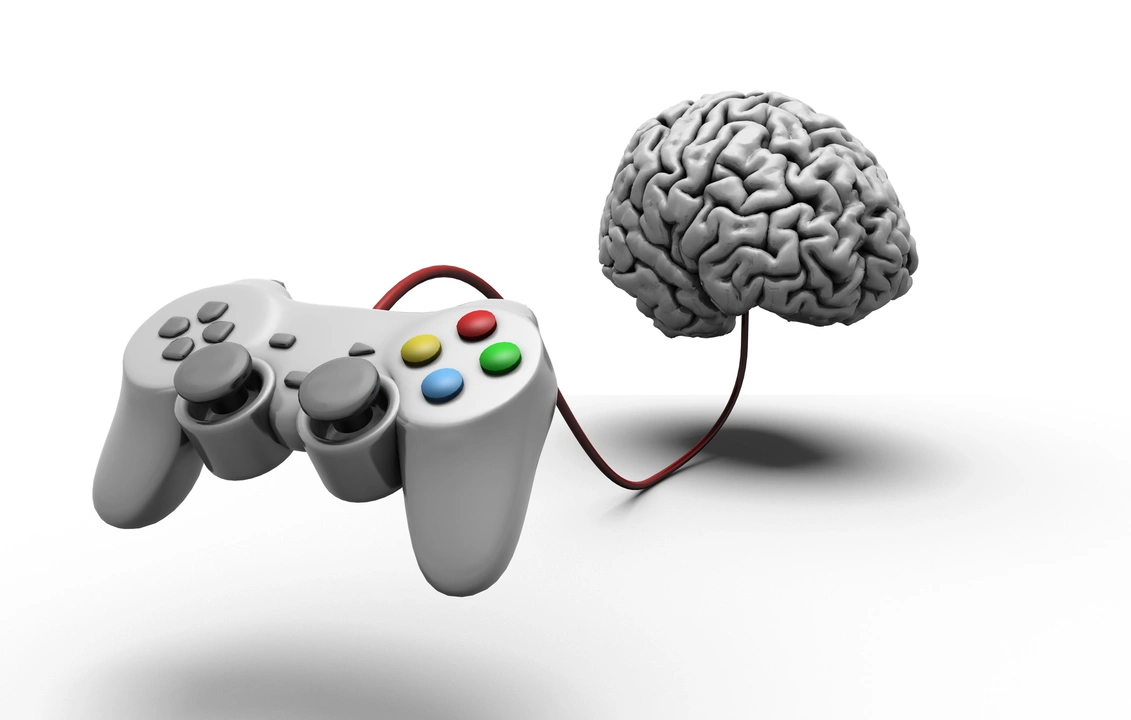How Video Games Can Help Your Child Grow
When you hear "video games," you probably picture kids glued to a screen. But the reality is different. Many games challenge the brain, teach coordination, and even bring friends together. Below we break down what you can actually see improving when the right games are part of the routine.
Cognitive Gains from Gaming
First up, the brain. Puzzle‑type games force players to think ahead, spot patterns, and test solutions quickly. Kids who spend a few minutes a day on these titles often show sharper problem‑solving skills in school tasks. Strategy games add another layer: they require planning, resource management, and adapting to surprise events. This kind of mental gymnastics builds a habit of looking for multiple solutions rather than sticking with the first idea.
Memory also gets a boost. Many games ask players to remember maps, enemy locations, or combo sequences. Over time, that practice strengthens short‑term recall and can spill over to remembering homework steps or daily chores. The key is variety—mixing action, puzzle, and strategy titles keeps the brain working on different challenges.
Social Skills and Healthy Screen Time
Second, the social side. Multiplayer games let kids team up with friends, coordinate moves, and share victories. Those moments teach cooperation, communication, and empathy. When a teammate needs help, the player learns to offer guidance without taking over. That kind of give‑and‑take mirrors real‑world group projects.
But you don’t have to hand over the controller all day. Set clear limits—30 minutes after school, for example—and stick to them. Use a timer so kids see the boundary as a rule, not a punishment. The goal is to let them enjoy the benefits without slipping into unhealthy habits.
Here’s a quick routine you can try: pick a game together, set a timer, play, then debrief. Ask questions like, "What was the toughest part?" or "How did you help a teammate?" Those prompts turn a fun session into a learning moment.
Another tip: balance screen time with offline activities. After gaming, encourage a quick walk, a sport, or a hands‑on hobby. That mix keeps energy levels up and prevents the eyes from getting too tired.
Finally, watch the content. Age‑appropriate games avoid excessive violence or mature themes, which can undermine the positive effects. Look for titles that highlight puzzles, creativity, or teamwork. Reviews and rating systems make this easy—just check the ESRB or PEGI label.
In short, video games aren’t the enemy they’re painted out to be. With the right choices, they become tools for sharper thinking, better social skills, and confidence. As a parent, you set the stage: choose wisely, limit thoughtfully, and talk about what’s happening. Your kid will thank you with better grades, stronger friendships, and a healthier relationship to screens.
What is one way that video games are actually good for kids?
-
Written by Zayden Maverick
4/ 05
As a parent, I've often been concerned about the impact of video games on my kids. However, I've recently discovered that gaming can actually be beneficial for children in several ways. For instance, it has been shown that video games can help improve problem-solving and strategic thinking skills. Moreover, many games require teamwork and cooperation, which foster social skills and empathy. So, while it's important to monitor and limit screen time, we shouldn't dismiss video games as purely harmful for our kids.
